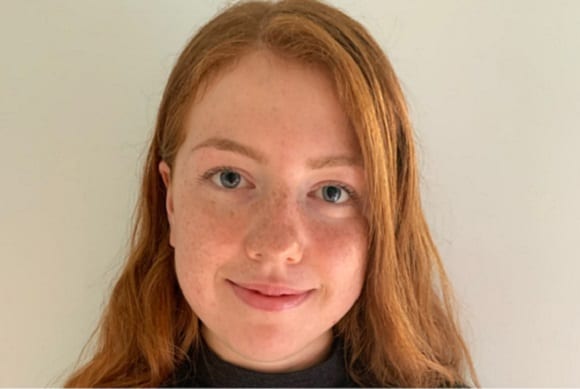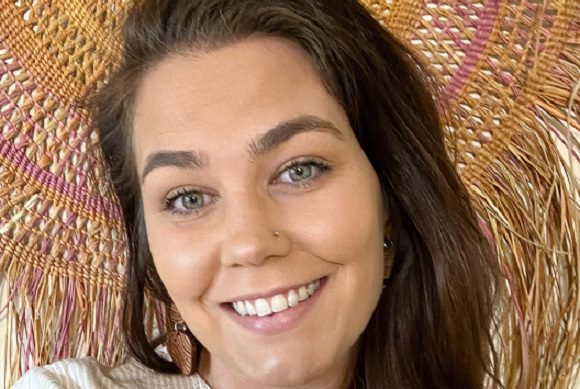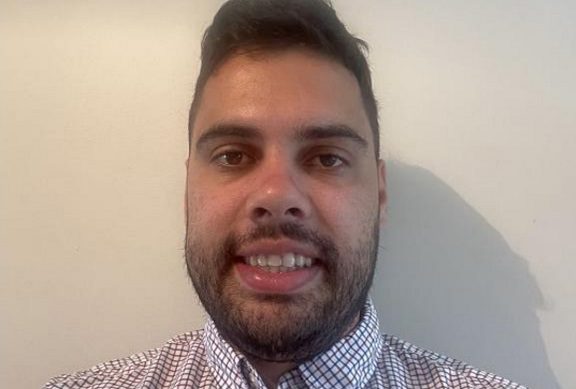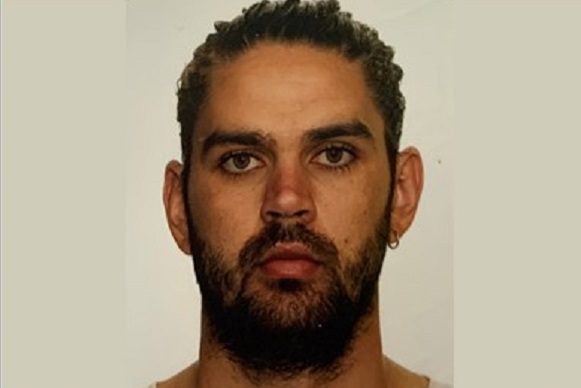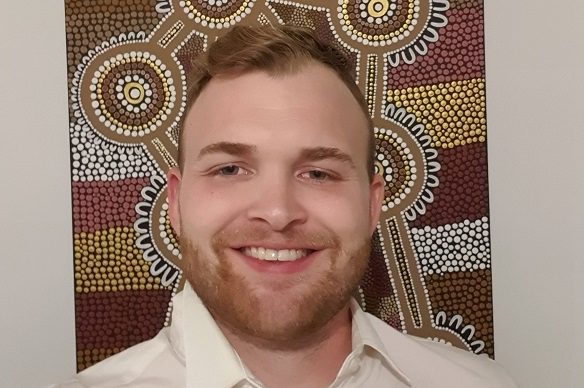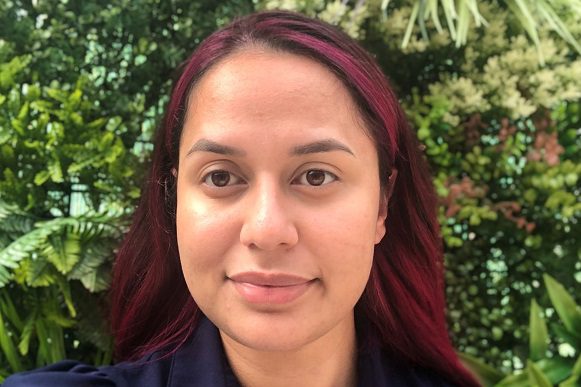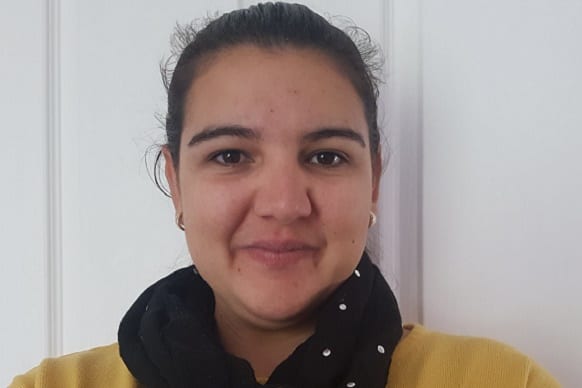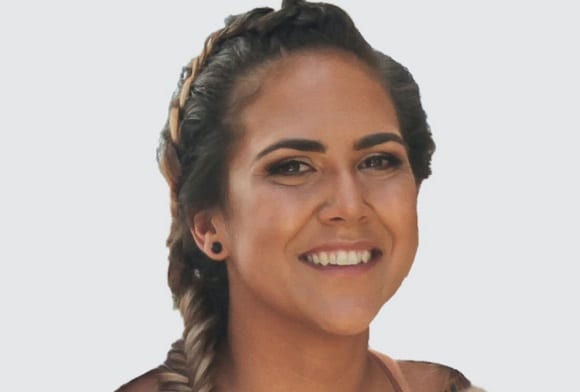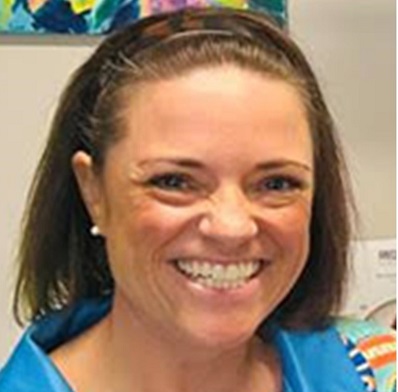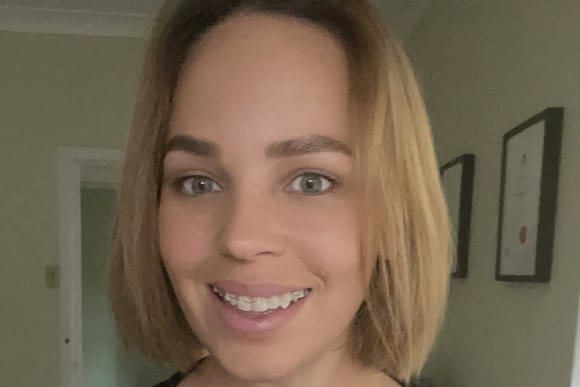Indigenous Health Scholarship Program
Through the Indigenous Health Scholarships, Australian Rotary Health is supporting the next generation of Indigenous health care providers to achieve an education that will help them assist their communities. Each student enrolled in the program is provided with a $5,000 scholarship. The Indigenous Health Scholarship program is a collaborative project between Australian Rotary Health, participating Rotary Clubs, and the State and Commonwealth Governments.
